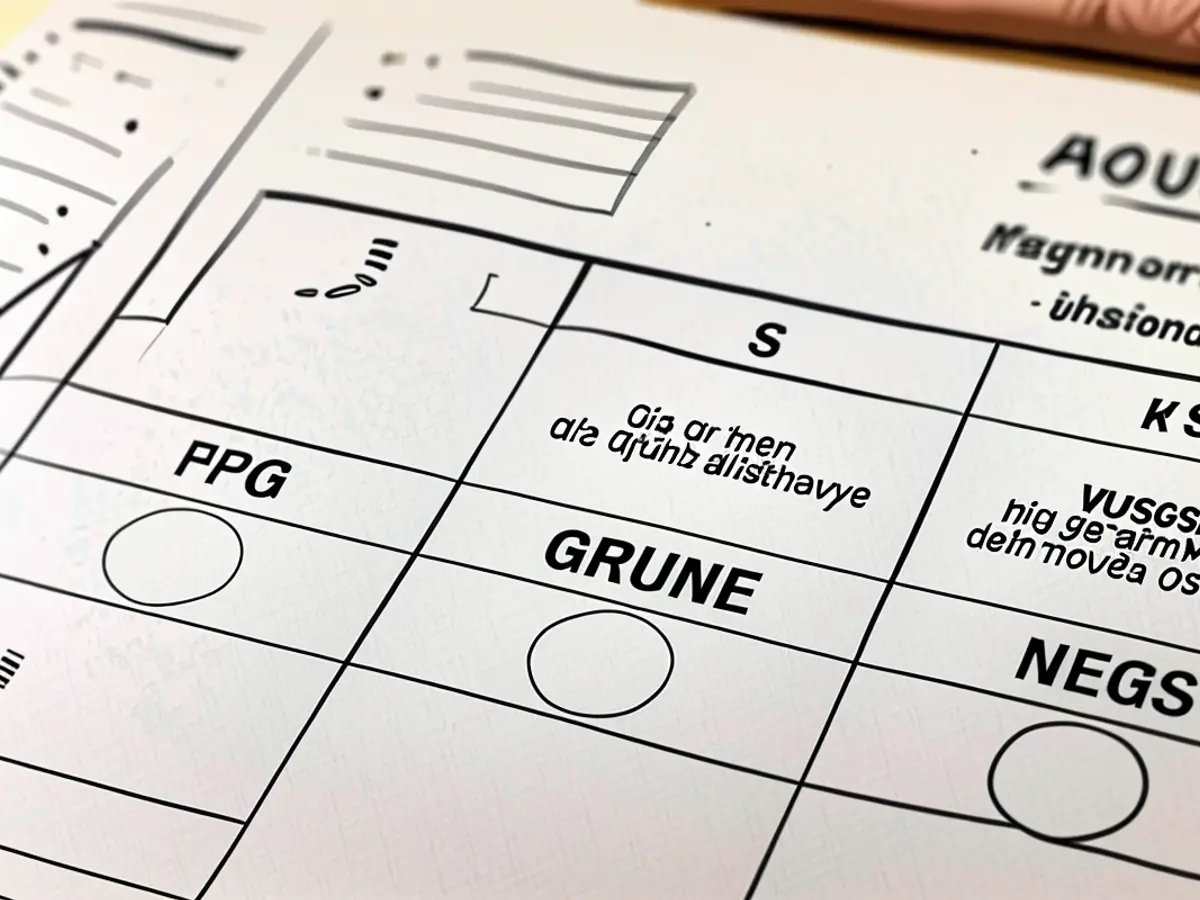The far-right FPÖ might emerge as the strongest political power for the first occasion.
The far-right Freedom Party of Austria (FPO) and the conservative Austrian People's Party (ÖVP), led by Chancellor Karl Nehammer, are in a tight race for power in the Austrian parliamentary elections. Polls have consistently shown the FPO in the lead, but no other party is willing to form a coalition with the FPO's leader.
The FPO is pushing hard to replace the ÖVP as the dominant force in Austrian politics. Their leader, Herbert Kickl, is campaigning on a platform of stricter immigration policies, with the slogan "Fortress Austria," and criticizing sanctions against Russia.
However, the ÖVP has closed the gap in recent polls and is now just barely behind the FPO at 25% to 27%. The recent flooding in Austria gave Nehammer an opportunity to showcase his crisis management skills, which helped boost his party's support.
The social democratic Social Democratic Party of Austria (SPO) is projected to receive around 21% of the votes, while the Greens, who have been governing with the ÖVP for the past five years, are expected to only receive around 9%. The liberal NEOS party is expected to receive a similar level of support to the Greens. A total of 6.4 million citizens are eligible to vote in the elections.
In June, the FPO won the European election in Austria. With their victory, they now have the potential to become the strongest force in the Austrian National Council, the lower house of parliament. However, their plans for the future are uncertain.
The FPO and ÖVP have not ruled out a coalition, but Nehammer has laid down conditions that the FPO leader Kickl would not be involved in any capacity. Nehammer views Kickl as a "security risk" and a conspiracy theorist, especially due to his skepticism toward COVID-19 vaccines. An alternative coalition could be formed between the ÖVP and the SPO, possibly with the NEOS.
However, all other parties except the ÖVP have refused to work with the FPO, citing a lack of distinction between right-wing populists and right-wing extremists. The day before the election, the newspaper "Der Standard" published recordings of a funeral where FPO politicians were present and a controversial song was played that had been glorified by the SS. The incident caused controversy and criticism from all parties.
The gain for the FPO aligns with a broader trend across Europe. Far-right parties, such as Geert Wilders and his Party for Freedom (PVV) in the Netherlands, the Brothers of Italy (Fratelli d'Italia) led by Giorgia Meloni in Italy, and the National Rally (RN) led by Marine Le Pen in France, have all seen a rise in support. In Germany, the Alternative for Germany (AfD) has recently had successes in the state elections in Saxony, Thuringia, and Brandenburg.
Despite the FPO's lead in the polls, no other party is willing to form a coalition with them due to their association with right-wing extremists. The social democratic SPO and the liberal NEOS are projected to receive significant votes, but they too are unwilling to partner with the FPO.








